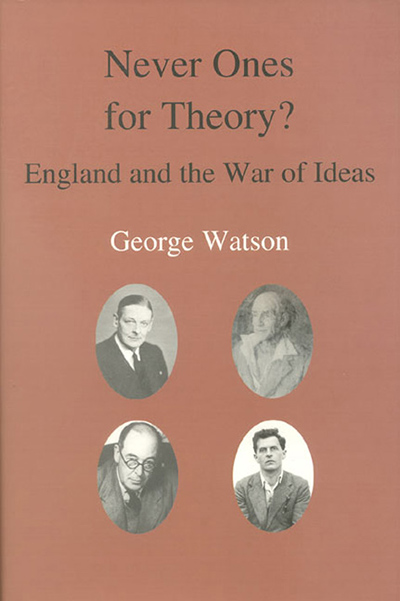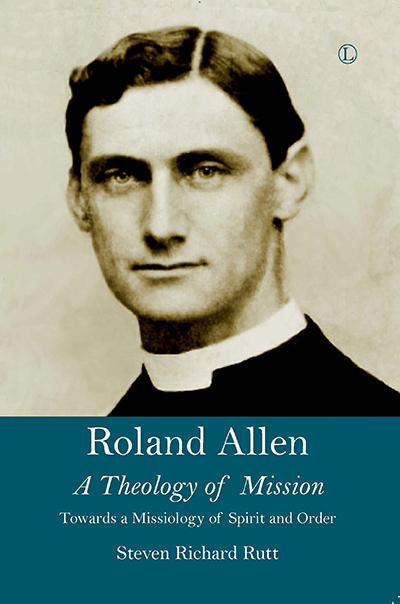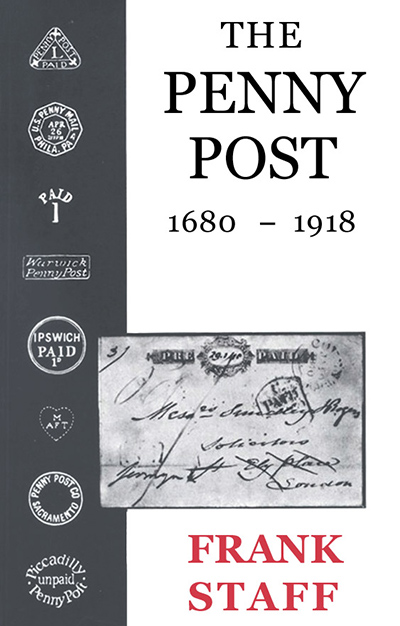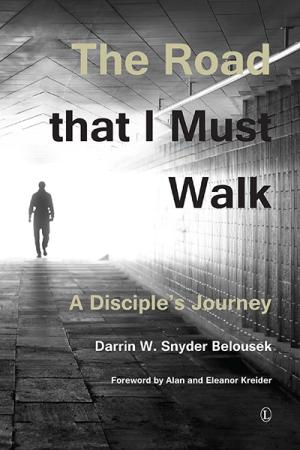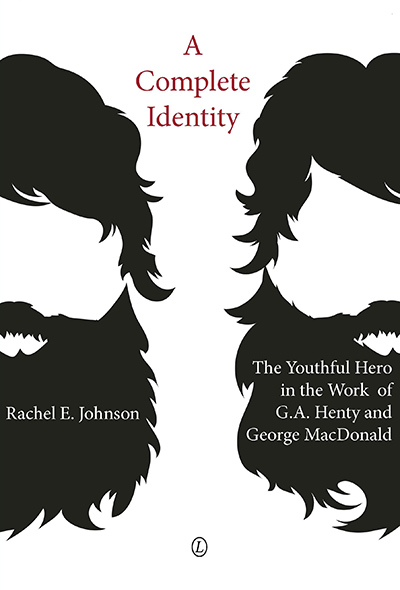Description
The British have often denied the very existence of a tradition of English literary theory. George Watson redeems that denial in his latest book, the first study of 20th Century English theory.
The book begins with Yeats, Pound and Eliot, who made England their home. In subsequent chapters, based on personal recollection as well as published sources, it assesses the contribution of I.A. Richards, William Empson, F.R. Leavis, C.S. Lewis, Isaiah Berlin and Wittgenstein, as well as Marxists like E.P. Thompson and Raymond Williams.
English literary theory is a tradition that has suffered in reputation, paradoxically, by the sheer fertility of its invention. In this seminal work the author celebrates that fertility from the First World War to the death of Iris Murdoch in 1999, showing that England pioneered the academic study of theories of literature years in advance of France or the USA.
About the Author
George Watson was Fellow in English at St John’s College, Cambridge, and had been Sandars Reader in Bibliography. He published a number of books on literature and political thought, including The Literary Critics, and was general editor of the New Cambridge Bibliography of English Literature. His other publications with the Lutterworth Press include: Lost Literature of Socialism (1st Edition 1998, 2nd Edition 2010); The English Ideology: Studies on the Language of Victorian Politics (2004); Take Back the Past: Myths of the Twentieth Century (2007); The Story of the Novel (2008); and Heresies and Heretics: Memories of the Twentieth Century (2013). He died in 2013.
Contents
Achnowledgements
Preface
1. Never ones for theory?
2. Pound and Yeats
3. Eliot in Cambridge
4. I.A. Richards
5. William Empson
6. F.R. Leavis
7. C.S. Lewis
8. Isaiah Berlin
9. Iris Murdoch
10. E.P. Thompson
11. Raymond Williams
12. Wittgenstein’s last word
Index
Endorsements and Reviews
Watson’s emphasis that ‘theory’ was happening in England, and particularly in Cambridge, long before it became widely popular elsewhere, is a welcome one, not least in its defiance of those who would describe English criticisms as parochial or ‘gentlemanly-amateurish’.
Bharat Tandon, in The Times Literary Supplement, 11 May 2001

